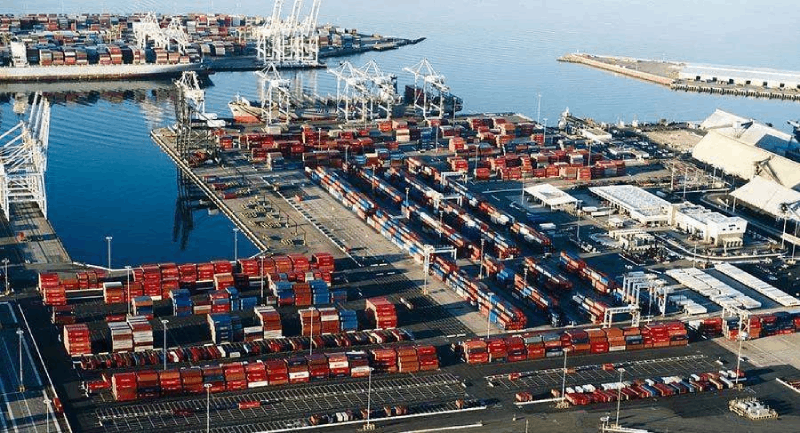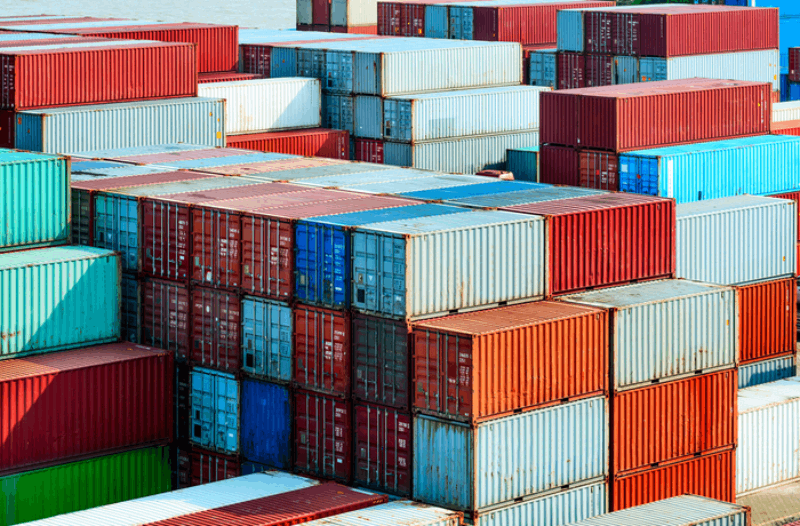Time:2022-02-17 Publisher:Kevin Num:5732

Port congestion is going global, straining global supply chains. Especially in the second half of 2021, the congestion problem of LA/LB, the two largest ports in the United States, has deteriorated sharply.
However, data recently showed that the number of container ships waiting to be berthed at the two ports fell to 78. At the beginning of the year, the number of waiting ships reached 109, which is a 28% year-on-year decrease.
The average number of days ships were waiting to berth at the two ports fell from 14.1 days in December to 7.4 days in January, according to Project44.
Some experts believe that it may be because it is currently in a seasonal cycle. The trend is very similar to a year ago, with a frenzied increase in the number of ships in the autumn, peaking at the end of the year, and then declining at the beginning of the following year.
Some container ship owners said that the current global port congestion is in a relatively stable state. Neither worsened nor improved.
Imports to U.S. West Coast ports have been steadily declining since August 2021, according to Project44. The average import container dwell time at LA/LB ports fell to 5.2 days and 5 days, respectively.
However, in January this year, export containers in Los Angeles stayed much longer than import containers, with some carriers prioritizing empty containers over full export containers.
HMM vice-president Stefanos Dolph noted that now ships spend less time in port, and in some cases there is little time to load after unloading.
Ports in Asia see increased congestion

In contrast to Asian ports, port congestion in Hong Kong is increasing. The average wait time for ships increased from an average of 17.5 days in December to 22.5 days in January.
Much of the increase in port congestion in Asia is due to a new wave of outbreaks in Asia, especially China, and carriers' plans ahead of the new year.
According to the latest news from Maersk, despite the outbreak, container handling at many ports in Asia has been going on normally.
In Ningbo, for example, an outbreak in the city's Beilun district in early January caused widespread delays for truck drivers as drivers had to be tested and quarantined to enter the terminal.
Brazil, the head of Project44, said the mysterious Chron variant emerging now could continue to affect port workers as well as other supply chain stakeholders. This will continue to be documented as a major cause of port congestion.
All in all, if port congestion is to be resolved, demand needs to be reduced and there are no problems on the supply side.



